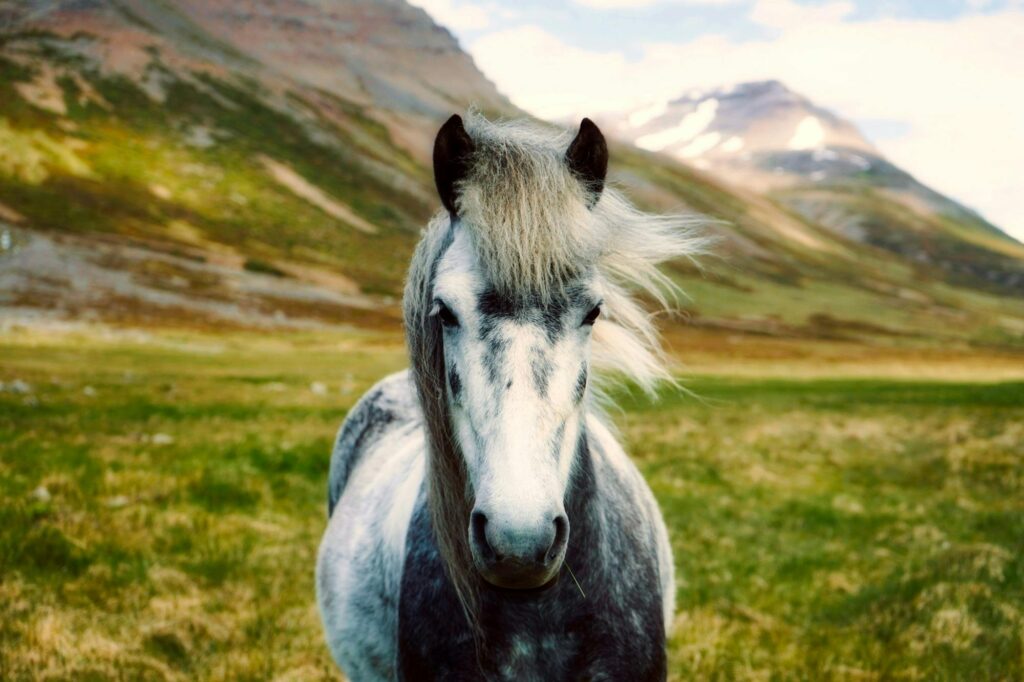For every horse owner, keeping your horse healthy isn’t just a responsibility — it’s an act of love. Horses depend on us for their care, and when we give them the right attention, they reward us with companionship, strength, and trust.
But horse care doesn’t end with feeding and grooming. True health means looking after your horse through every season of the year — winter chills, summer heat, spring pastures, and autumn transitions.
Here’s a complete guide to keeping your horse healthy all year long.
Spring: A Fresh Start
Spring brings lush green pastures, but sudden dietary changes can upset your horse’s digestive system.
- Introduce pasture slowly: Let your horse graze for short periods at first.
- Deworming: Work with your vet on a parasite control program.
- Hoof Care: Wet, muddy ground can lead to thrush, so keep hooves clean and dry.
📌 Related: Top 10 Common Horse Diseases Every Owner Should Know
Summer: Beating the Heat
Horses can overheat quickly in hot, humid weather.
- Fresh water: Horses may drink up to 10+ gallons daily in summer.
- Fly control: Flies aren’t just annoying — they spread diseases like Equine Infectious Anemia.
- Shade and ventilation: Provide a cool shelter during peak sun hours.
👉 Learn more: Effective Fly Control for Horses – Penn State Extension
Autumn: Preparing for Cold Weather
Autumn is the perfect time to get ready for winter.
- Dental check-ups: Proper chewing prevents weight loss in colder months.
- Vaccinations: Fall boosters protect against diseases before winter stress sets in.
- Pasture management: Avoid overgrazing as grass growth slows.
Winter: Staying Strong in the Cold
Winter brings unique challenges for horse health.
- Forage is fuel: Horses generate heat by digesting hay, so increase forage intake.
- Warm water: Prevent frozen buckets with heated waterers.
- Blanketing: Not all horses need blankets, but seniors or clipped horses may benefit.
Year-Round Horse Care Essentials
No matter the season, some horse health basics stay the same:
- Nutrition – Provide a balanced diet of forage, grains (if needed), and supplements recommended by your vet.
- Regular Veterinary Care – Annual wellness exams and timely vaccinations are a must.
- Dental Health – Horses’ teeth grow continuously; floating may be needed once or twice a year.
- Hoof Care – Schedule farrier visits every 6–8 weeks. Healthy hooves = healthy horse.
- Exercise & Mental Health – Horses need daily movement and stimulation to stay fit and happy.
📌 Related Reading: What Really Causes Equine Infectious Anemia?
Caring for a horse year-round means adapting to each season’s challenges while never forgetting the basics — food, water, hoof care, veterinary attention, and love.
A healthy horse is not just about good looks — it’s about energy, comfort, and a long life. By staying proactive and informed, you’ll ensure your horse thrives in every season.
1. How often should I deworm my horse?
It depends on your horse’s environment and your vet’s advice, but most horses need deworming 2–4 times a year.
2. Do all horses need blankets in winter?
Not always. Healthy horses with a natural coat usually don’t need blankets, but seniors, clipped horses, or those in harsh conditions may benefit.
3. What is the best diet for a horse year-round?
Forage (hay or pasture) should be the foundation. Grains and supplements depend on activity level, age, and health needs.
4. How do I prevent flies from bothering my horse?
Good stable management, fly sprays, fly sheets, and reducing manure buildup are the most effective methods.
5. How often should a horse see a vet?
At least once a year for a wellness exam, but more often if health issues arise.

Pingback: How to Build the Perfect Daily Routine for Your Horse - PelteLuxe